Menu
Columns
Showing 3546 Columns
Showing 3546 Columns
August 9th, 2012
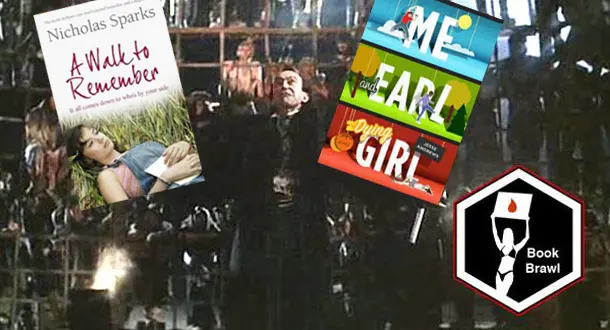
Everyone does it. Some people might claim they don't, but they're lying. It's ingrained in our human DNA. It's a natural reflex that can't be denied. We can fight it, but our first instinct will always be to judge a book by its cover. And what's so wrong about this behavior, anyway? We may not have evolved enough as a species to overcome our superficiality, but haven't we developed as artists and designers? Is there any excuse nowadays for a bad cover? (The answer, by the way, is no.)
Read Column →August 8th, 2012

Introduction We’re all familiar with transitions as they relate to speeches or essays—the wide variety of clunkers we packed into our high-school and college papers in an effort to reach that ever-dreaded, ever-required, word count. Filler like: “In conclusion," or "with regards to," or "apropos of." As dead as these particular transitions may be to us as story-tellers, perhaps we must play Dr. Frankenstein and create for our living and breathing stories the pieces of tissue that keep their bones linked.
Read Column →August 8th, 2012

It was sort of like the Machete trailer they showed in Grindhouse. I had the genre, the title, and a vague idea of what it would be about, but ultimately, Good Sex, Great Prayers was just something I used to fake people out regarding the ‘what are you working on now?’ question (see also: the dubstep novel, which is exactly what it sounds like). It was a joke, more than anything.
Read Column →August 7th, 2012
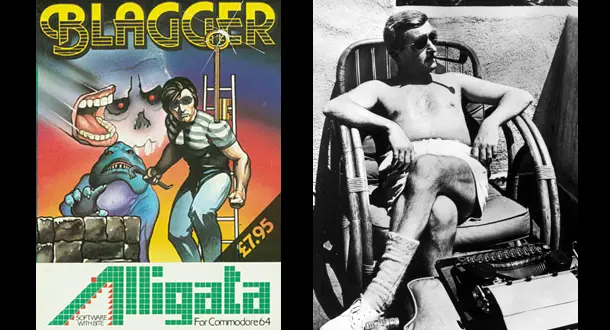
To blag (v): to sound like you know what you’re talking about when you don’t The Blagger’s Guide to Literature (n): an invaluable resource for those who wish to blag about books without actually reading them.
Read Column →August 7th, 2012
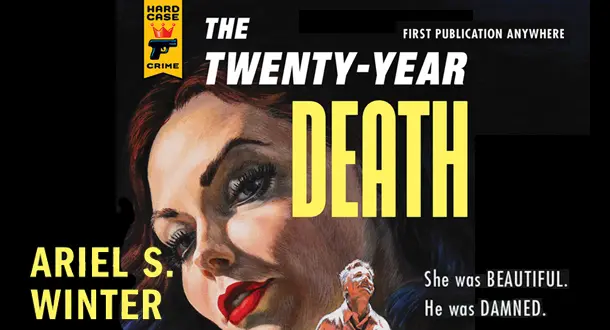
My novel, The Twenty-Year Death, is the story of a “great American novelist” named Shem Rosenkrantz as he goes from literary darling and popular success to used-up hack who can’t get work. His story, which unfolds over twenty years, is told through three complete novels, each in the style of a different mystery master: Georges Simenon, Raymond Chandler, and Jim Thompson.
Read Column →August 6th, 2012
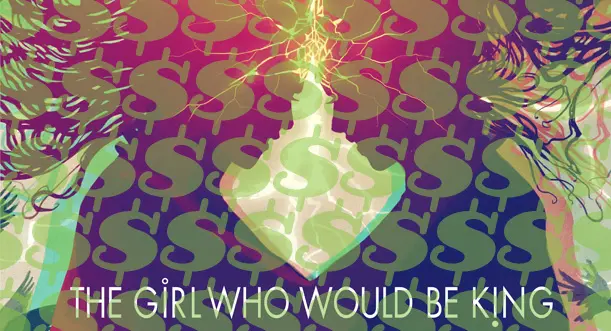
A little less than two weeks ago, my Kickstarter campaign ended with 330% of its original goal. I had asked for $8,000 to help fund the printing of my first novel, The Girl Who Would Be King, which I had tried and failed to sell to publishers in 2010 (read about that journey here!) and ended up with a shockingly wonderful $26,478. So what did I learn?
Read Column →August 6th, 2012
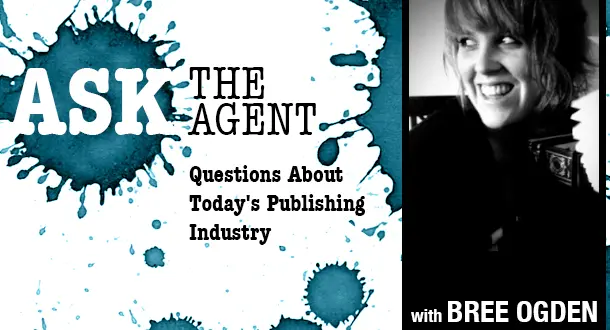
This week’s questions deal with the more emotional side of being a writer. Not only is this a technically hard industry to break in to (so many rules and regulations, so many faux pas), but it’s also a very emotionally hard, intimidating, and taxing industry to work in. It doesn’t always have to be that way. Listen carefully to this week’s answers.
Read Column →August 3rd, 2012
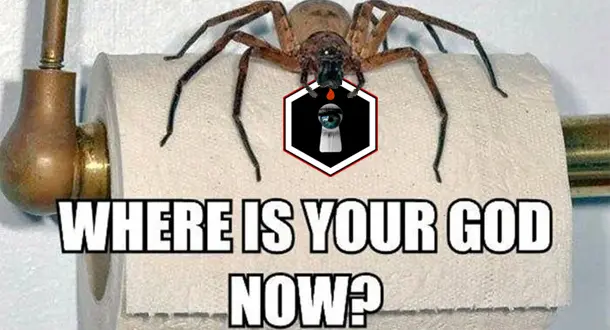
LURID: vivid in shocking detail; sensational, horrible in savagery or violence, or, a twice-monthly guide to the merits of the kind of Bad Books you never want your co-workers to know you're reading.
Read Column →August 3rd, 2012
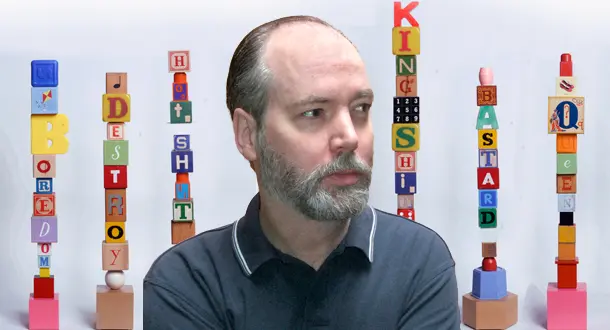
LitReactor asked me for some advice for younger writers. In the end, I don't know how much advice you can really give a writer. They're either going to follow it or they're not. So rather than get mystical, I thought what might be helpful is a simple, practical list that I wish someone had given me 25 years ago. So here goes…
Read Column →August 2nd, 2012

Last month, we looked at five sneaky ways your mind messes with your productivity as a writer. I’d love to tell you that those are the only psychological tricks and cognitive distortions your brain has up its sleeve, but I can’t. Because there are five more where those came from, and also because your brain does not have sleeves. Let’s take a look at what else our writing practices are up against…
Read Column →🎼
Tell us about your book, and we'll give you a writing playlist
Take our 1 minute quiz to find your ideal tunes.